Navigating the Information Age: Fact-Checking, Identity, and Adapting to Change
The rapid pace of technological evolution is a double-edged sword. While it unlocks incredible possibilities, it also introduces new risks.

Artificial intelligence (AI) and deepfakes, for example, have become powerful tools for fraud and manipulation. In this information age, verifying the true source of information and identity has never been more crucial.
Technology offers solutions to mitigate these risks, but are we taking them seriously enough? Are we adapting fast enough to this new standard?
Digital Identity: Knowing Who You're Dealing With
Imagine transferring millions of dollars based on a seemingly credible video call with your CFO. Unfortunately, this exact scenario unfolded for a multinational company, falling victim to AI-generated deepfake fraud.
Such situations could be prevented by implementing secure digital identity solutions. These systems verify your identity online, ensuring you are who you claim to be. Just like showing your driver's license in person, digital identity provides a secure, verifiable confirmation.

Blockchain: Securing Credentials and Preventing Fraud
Another emerging technology, blockchain, offers tamper-proof records for certificates, diplomas, and other credentials. By storing information on a distributed ledger, blockchain makes it virtually impossible to forge or alter documents.
Consider the case of a nursing school where fake nursing diplomas were sold, enabling individuals to gain employment under false pretenses. Blockchain could have prevented this by creating an immutable record of legitimate diplomas, instantly exposing any forgeries.
By actively adapting and tackling technology responsibly, we can navigate the information age with greater security and trust.
Adapting to the New Reality
While technology provides solutions, human cautiousness remains key. We must be proactive in:
Critical thinking: Questioning information, identifying potential biases, and verifying sources.
Awareness of emerging threats: Staying informed about new scams and manipulation techniques.
Embracing secure technologies: Utilizing digital identity and blockchain-based solutions where applicable.
By actively adapting and tackling technology responsibly, we can navigate the information age with greater security and trust.
You can explore the actual cases here below:
Remember, staying informed and adapting to the changing landscape is essential to navigating the exciting, yet challenging, world of technology.
Tommy Flemström
Co-founder, Verified Global AB
